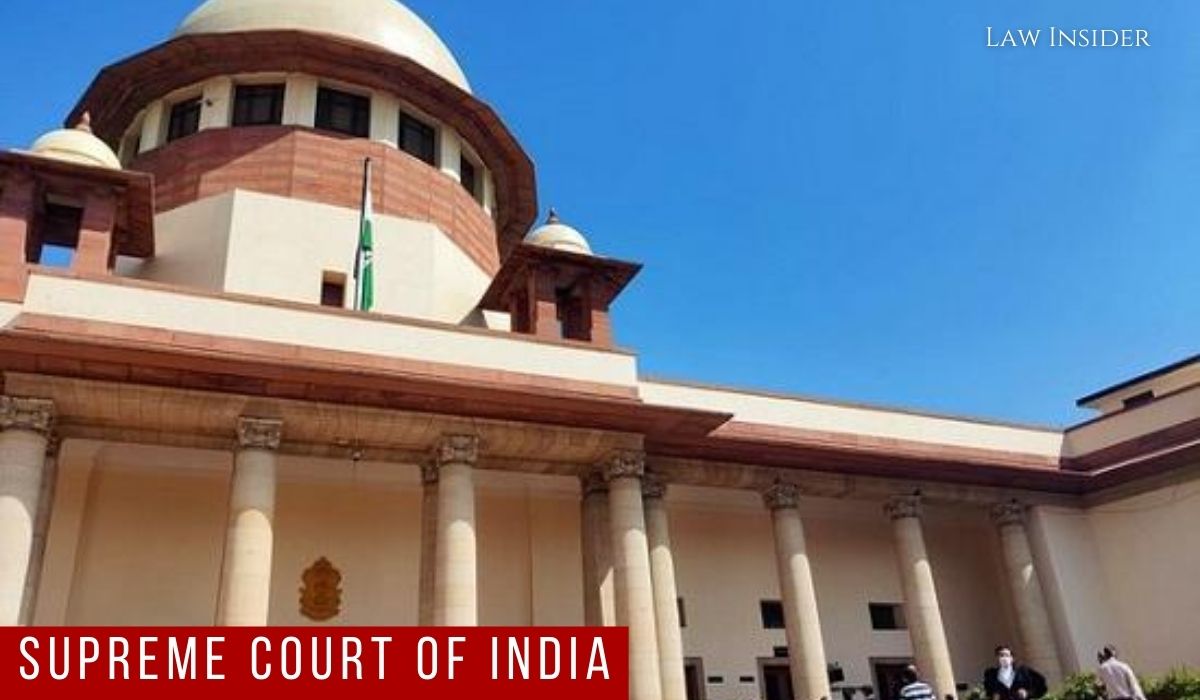LI Network
Published on: December 16, 2023 at 13:32 IST
The Supreme Court, in a significant decision ruled that a tribunal, operating under the jurisdiction of a High Court through Article 226, does not possess the legal authority to compel the government to formulate policies.
The case in question involved the Armed Forces Tribunal (AFT) issuing a directive to the government to establish a policy for the appointment of the Judge Advocate General (Air).
A bench comprising Justice Abhay S Oka and Justice Sanjay Karol deliberated on whether the AFT had the jurisdiction to instruct the government to devise a policy for filling the Judge Advocate General (Air) position.
The Supreme Court emphasized that it is beyond the purview of the judiciary, including tribunals, to dictate the formation of policies or legislation, as such matters fall within the legislative domain.
The court examined the Armed Forces Tribunal Act, 2007, highlighting that while Section 14(4) grants the Tribunal the powers of a civil court for dispute resolution, Section 14 explicitly restricts the Tribunal from exercising powers equivalent to the Supreme Court or a High Court under Articles 226 and 227 of the Constitution.
The Supreme Court affirmed, “Making policy, as is well recognised, is not in the domain of the Judiciary. The Tribunal is also a quasi-judicial body, functioning within the parameters set out in the governing legislation.
Although, it cannot be questioned that disputes in respect of promotions and/or filling up of vacancies are within the jurisdiction of the Tribunal, it cannot direct those responsible for making policy, to make a policy in a particular manner.”
In the specific case, the respondent served in the Judge Advocate General (JAG) department and faced issues related to promotions. The AFT observed that the government had not formulated any policy regarding a separate promotion board for legal vacancies.
The Tribunal directed the respondent to continue in service until the formulation of a policy.
Challenging this directive, the government approached the Supreme Court, which ruled that the respondent’s challenge was not valid as he had participated in the Promotion Board of 2015 and only contested the absence of a policy after not securing a promotion.
The Supreme Court further criticized the Tribunal’s direction to let the respondent continue in service beyond the ordinarily accepted age of superannuation, emphasizing that such decisions are within the executive policy domain.
As a result, the Supreme Court quashed and set aside the AFT’s order.
Case Title: Union of India V. Air Commodore NK Sharma, Civil Appeal No. 14524 of 2015

